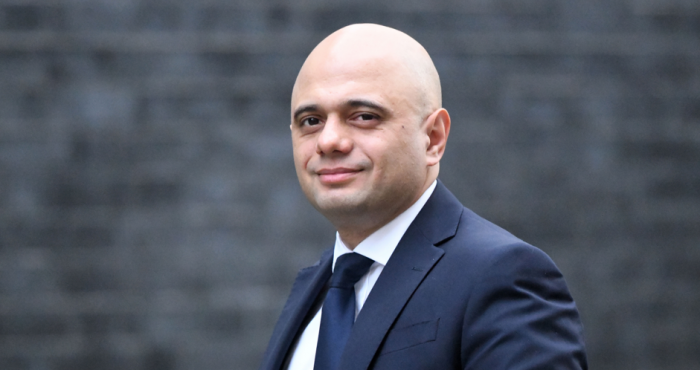Advisers have called on new health secretary, Sajid Javid, to prioritise tackling NHS waiting times and to turn to the private healthcare sector to help alleviate the mental and physical burden on NHS workers.
Steve Ellis, head of employee benefit consulting at Prosperis, was one of a host of advisers who spoke to Health & Protection in the wake of Javid’s appointment following predecessor Matt Hancock’s resignation over the weekend.
Ellis quipped that aside from checking his CCTV, Javid needs to ensure NHS workers are looked after both mentally and physically to help support UK plc’s emergence from the pandemic.
“This could be achieved with a partnership with the private sector to assist with the management of backlogs.
“To take the strain off the NHS, reducing the P11d burden on private medical insurance may encourage a greater take up.
“I believe the danger is that the NHS becomes overwhelmed, with the clear danger of the system being unable to cope if we have another wave this winter.”
Dave Middleton, executive chair of the Association of Medical Insurers and Intermediaries, agrees, adding : “The NHS and the private medical insurance market should work more closely together. I hope that this is recognised within government and that we are able to increase dialogue.”
According to Claire Ginnelly, managing director at Premier Choice Group, the pandemic has to be Javid’s number one priority.
“We need to get it under control and then get our country moving again. There is some positivity in the economy but there won’t be if we don’t open up.
“Look at how the government can help employers with implementing health and wellbeing programmes for employees and I am thinking the tax on insurance policies, including IPT – although I know this is not a health secretary decision.”
Brett Hill, distribution director, Towergate Health & Protection, agrees.
He told Health & Protection: “Priority number one has to be completion of the current vaccine roll-out programme, followed by an immediate turn towards plans for what will likely be a necessary booster programme in the Autumn. Developments of the vaccine to increase protection against the Beta variant must also continue, though it’s unlikely this will come in time for the Autumn booster programme.
“Once we are out of the pandemic the two over-riding priorities for the new health secretary must be (1) to attack not just the known NHS waiting list (now over 5 million) but the hidden waiting list that sits beneath with millions of missed GP and outpatient appointments over the past 15 months and the undiagnosed conditions that will emerge in the coming year, and (2) to finally deliver a plan for social care that delivers high quality, affordable and accessible care for the elderly.
“If these issues are not tackled then UK plc will pay a heavy price in the coming years in terms of lost productivity, as millions of employees are unable to work due to serious illness or delayed treatment, while millions more struggle to cope with the competing demands of caring for elderly relatives while holding down a full time job.”
But Steve Herbert, head of benefits strategy at Howden Employee Benefits and Wellbeing, told Health & Protection that while management of the final stages of the pandemic remains a critical task for the new health secretary, over the medium term it is very important that the funding and staffing of the NHS is also addressed.
“Whilst company-funded private healthcare options will clearly help address and reduce many of the business challenges of the NHS waiting list, it remains important that the national healthcare service is also able to treat those workers without this valuable option.
“NHS waiting lists for treatment of more than 5 million (many of working age) represents a very real headwind for economic recovery, and as a former chancellor of the exchequer and business secretary it is to be hoped that Javid recognises this significant concern and takes action accordingly.”
Dr Julie Denning, managing director & chartered health psychologist at Working To Wellbeing, told Health & Protection that it would help employers if ‘work’ were to be more readily conceived as a health outcome within all healthcare settings and integrated thinking between work and health starts to take place.
“For example, provision of vocational rehabilitation as part of standardised rehabilitation for those with long term conditions would enable people to get back to work and benefit from all that good work offers,” Denning said.
“It is important that work is seen as part of the rehabilitation process not separate to it. The pandemic and subsequent long Covid condition has put health and work in the same page and the dialogue now needs to be extended and developed to help people with all long term conditions to get back to work and remain at work.
“Organisations such as the Vocational Rehabilitation Association (of which I am a trustee) are keen to speak to government more about the work and health symbiosis.”
